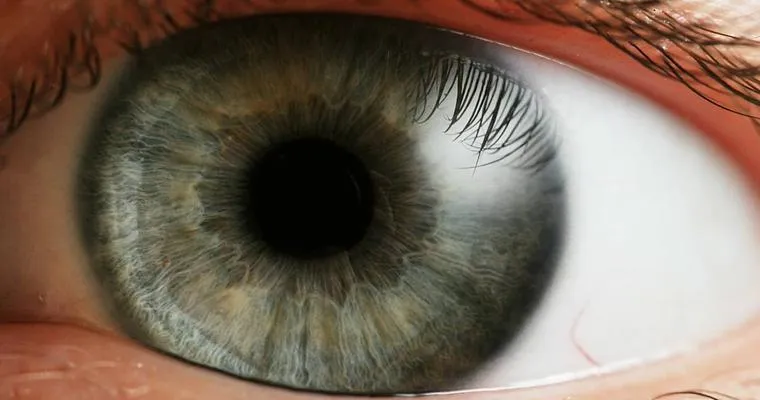Living with a loved one who has "Alzheimer’s disease" can be challenging, especially when they start expressing discomfort about their surroundings. Recently, my husband has been complaining about "bright lights", which is a common issue in individuals with cognitive decline. If you find yourself in a similar situation, you may be wondering about the reasons behind this sensitivity and how to address it.
One of the notable symptoms of "Alzheimer’s" is changes in sensory perception. Many patients report increased sensitivity to light, which can lead to discomfort and anxiety. This condition, known as "photophobia", can cause your loved one to feel overwhelmed by bright lights that may have previously been tolerable. Understanding this change is crucial for providing comfort and support to your husband.
There are several factors that might contribute to his discomfort with bright lights. First, as Alzheimer’s progresses, it can affect the brain's ability to process sensory information. This means that what once seemed normal can now feel intense or painful. Additionally, the medications often prescribed for managing "Alzheimer’s symptoms" can have side effects, including increased sensitivity to light.
To help alleviate your husband’s discomfort, consider making some adjustments to your home environment. Here are some practical tips:
1. "Dimming the lights": Use dimmer switches or lamps with lower wattage bulbs to create a softer lighting atmosphere. This can help reduce glare and make your husband feel more comfortable.
2. "Using natural light": Whenever possible, allow natural light to fill your home, as it tends to be less harsh than artificial lighting. Opening curtains or blinds during the day can create a more soothing environment.
3. "Choosing warmer tones": Opt for bulbs that emit warmer, softer light instead of bright white or blue-toned bulbs. Warm lighting can reduce the harshness and make the space feel cozier.
4. "Creating designated areas": If certain rooms or areas in your home are particularly bright, consider creating quiet spaces where your husband can retreat. Using curtains or shades can help control the amount of light that enters these areas.
5. "Consulting a professional": If the sensitivity to light persists or worsens, it may be beneficial to consult with your husband’s healthcare provider. They can assess whether any adjustments to his medications or additional interventions are necessary.
Lastly, patience and understanding are key. Encourage open communication about what makes him uncomfortable and how you can work together to create a more pleasant living space. Adjusting to these changes may take time, but by being proactive and responsive to his needs, you can significantly improve his quality of life.
In conclusion, if your husband with Alzheimer’s is complaining about "bright lights", it is essential to recognize this as a legitimate concern. By making small changes to your home environment and being attentive to his feelings, you can help him navigate this discomfort while continuing to provide the care and support he needs.





